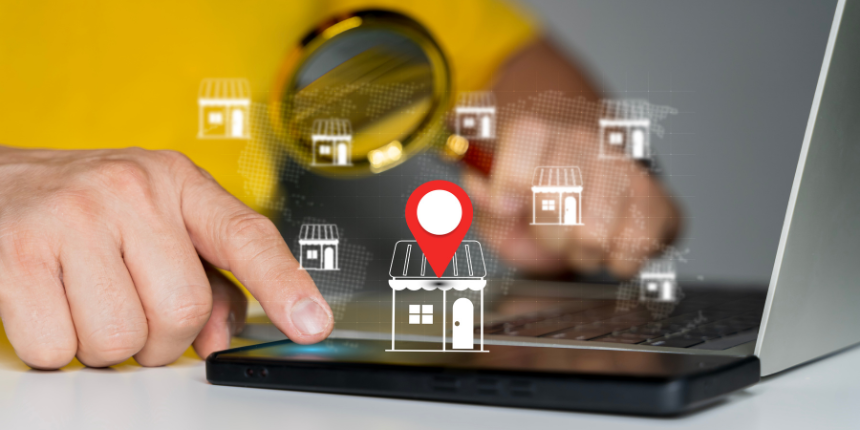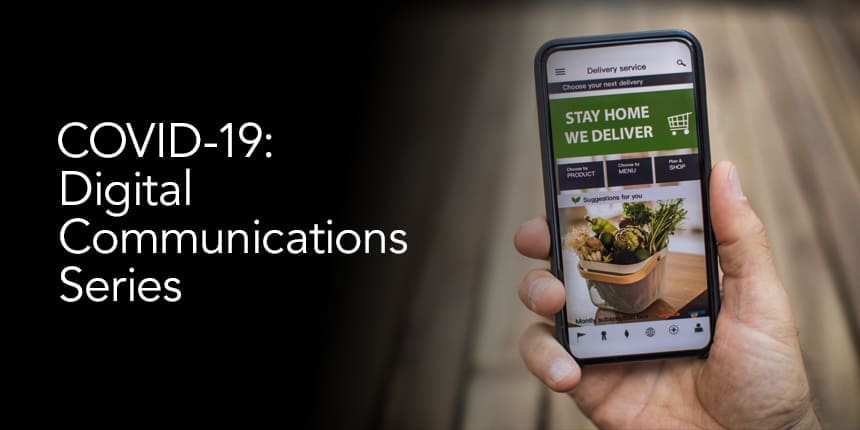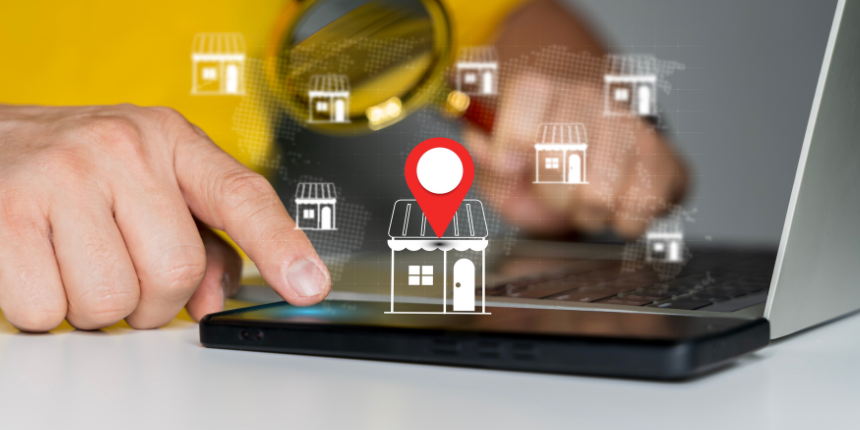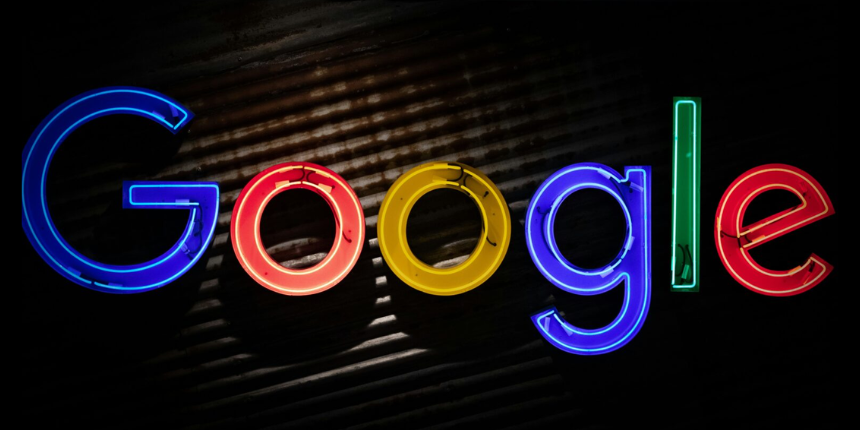

Coronavirus has turned the UK’s upside-down. With no exaggeration, there has never been a peacetime situation like it. Restaurants and catering businesses are having to transform their business models at breakneck speed to remain viable. Many have switched to takeaway or delivery exclusively, while others have even become temporary grocers.
Good communication is essential to inform already-stressed customers about these new models, services, and particulars. With everyone spending more time at home, this may also be an opportune time to nurture awareness and loyalty through useful content—especially through digital channels that have been underutilised previously. To that end, here’s how food businesses—from restaurants to caterers—can communicate better to help negotiate a way through this crisis.
Be omnichannel
If your restaurant has had to adopt a new business model, it’s to get that message out there. Fortunately, it’s easy to reach the most relevant people quickly via social media promotion on Facebook and Instagram—ideally within a radius of each location.
Watch times on IGTV and YouTube are shooting up, so this may also prove to be an opportune time to dive into video marketing. Video, after all, can be a relatively quick and inexpensive way to produce a “broadcast ad” highlighting your new approach.
Above all, address the public’s most pressing concerns at this time. Hygiene is more important than ever, so shine a light on any additional health, safety, and social distances measures you are taking.
Maintain your listings
Google My Business (GMB) listings are proving to be essential at this time of rapid change. If you’ve pivoted to takeaway, it’s absolutely critical to have correct opening times so that customers don’t make wasted journeys. Google already shows provisos that opening times may fluctuate, but try to be one step ahead if you can. If you need to update information, do it quickly, and ensure consistency across all local platforms.
If possible, make the switch to card payments only—and let your customers know about it. If nothing else, this pandemic will expedite our collective journey towards a cashless society.
Even during normal circumstances, accurate store and payment information are an important courtesy for customers. If you inadvertently cause your customers to make fruitless journeys during trying times, they will not soon forget it.
Share your challenges
Many restaurants have had to embrace home delivery almost overnight. Just Eat, Deliveroo, and other platforms offer a quick route to market, and there’s plenty of public goodwill for under-pressure food businesses at this time. All the same, you have to be completely honest—with yourself and with your audiences—about the challenges building a distribution network out of nothing.
Start by committing to full transparency. Create prominent messaging on your website to flag potential delays. Or, put another way, manage your customers’ expectations before they part with their hard-earned cash.
Experiment with user-generated content
Confined to their homes, and increasing number of people are cooking and baking at home and sharing recipes online. Restaurants can play their part in this conversation by providing practical resources and expertise—generating positive brand awareness in the process. Consider challenging customers to create your signature dishes—then share the content. Recipes that boost immunity could be particularly popular at this time of heightened awareness around illness.
Great user-generated content also keeps customer dialogue open. Channels like YouTube and Facebook Live can facilitate cook-alongs with customers. This sort of engagement (and boredom relief!) will not only be appreciated, but will answer the question: how are you helping your customers at this time?
Tap into the new community spirit
This pandemic has helped us all rediscover our community spirit, and especially the will to support our public sector workers. Businesses throughout the UK country are making sincere efforts to help people, which is not only the right thing to do with people suffering hardship and needing our health service—it also has the side-effect of being good PR.
Examples of food businesses doing this well range from the small scale—from chippies offering free meals to NHS staff—to the brand level, with a consortium of restaurants led by Leon crowdfunding hot meals for key workers on long shifts. Others are dispatching provisions to over-subscribed food banks.
Stay Forward
Get exclusive insights into digital
media's top-trending topics delivered
directly to your inbox.
With physical contact restricted, businesses in the food industry need to communicate the reasoning behind their new approaches—and support local communities in their time of need. Ready to optimise your online efforts to this end? We’re here to help.
Contributing Experts
Stay Forward
Get exclusive insights into digital
media's top-trending topics delivered
directly to your inbox.



